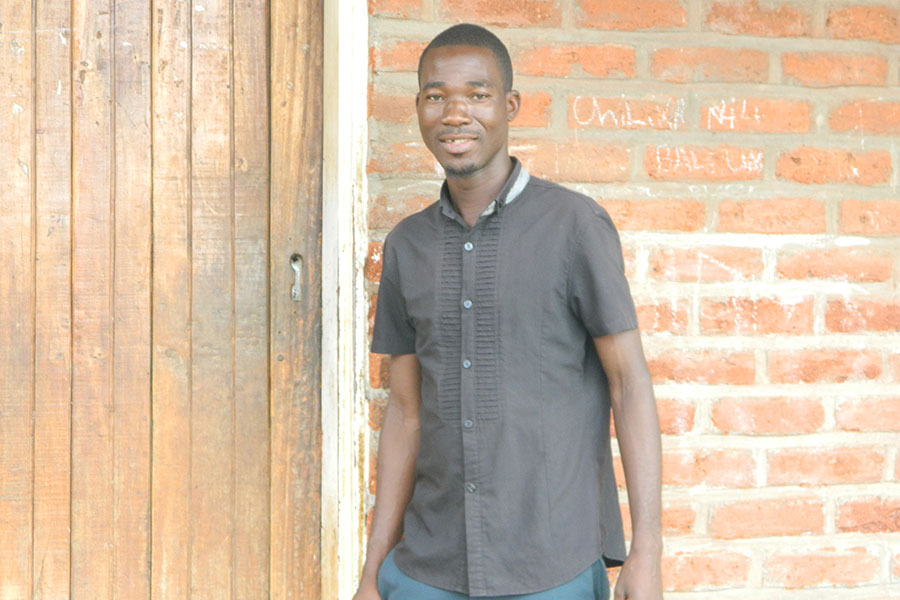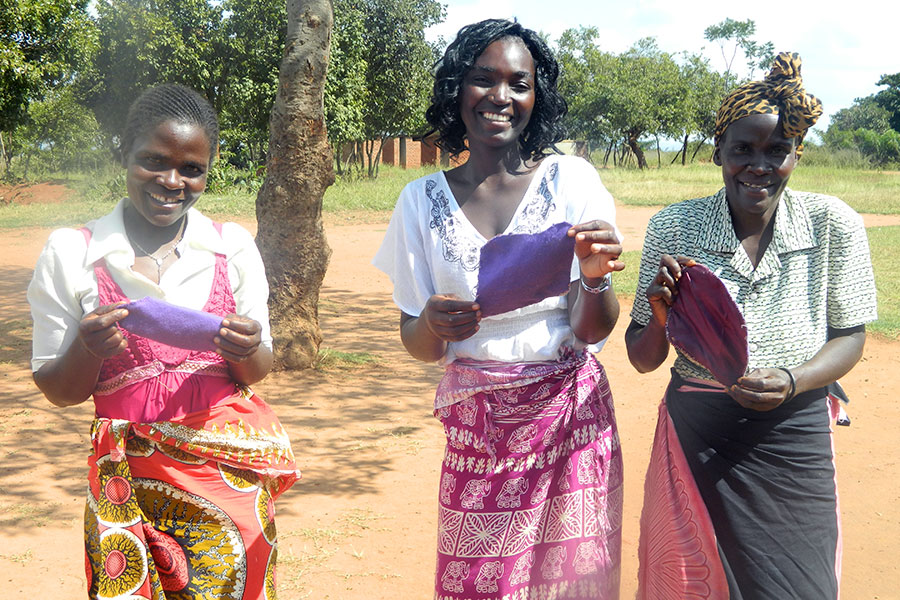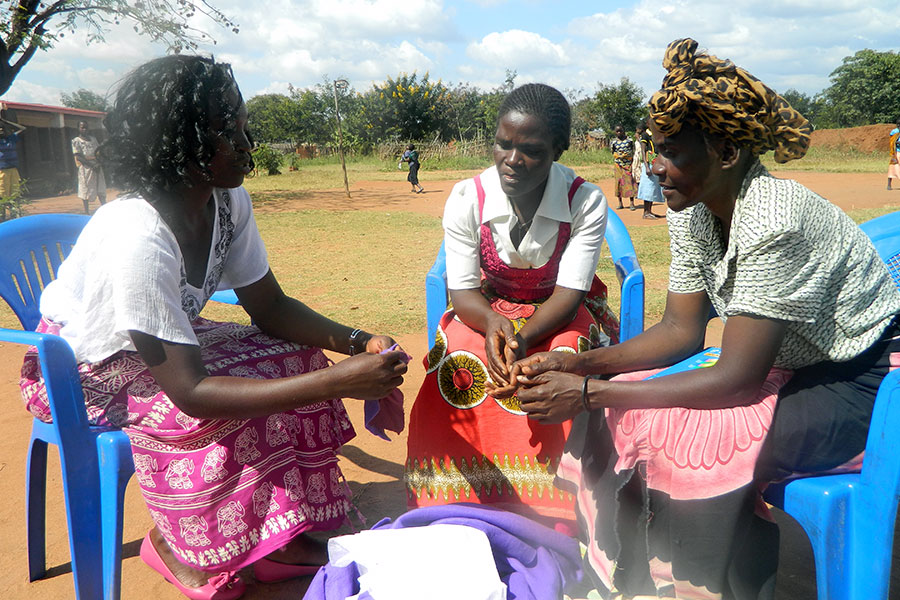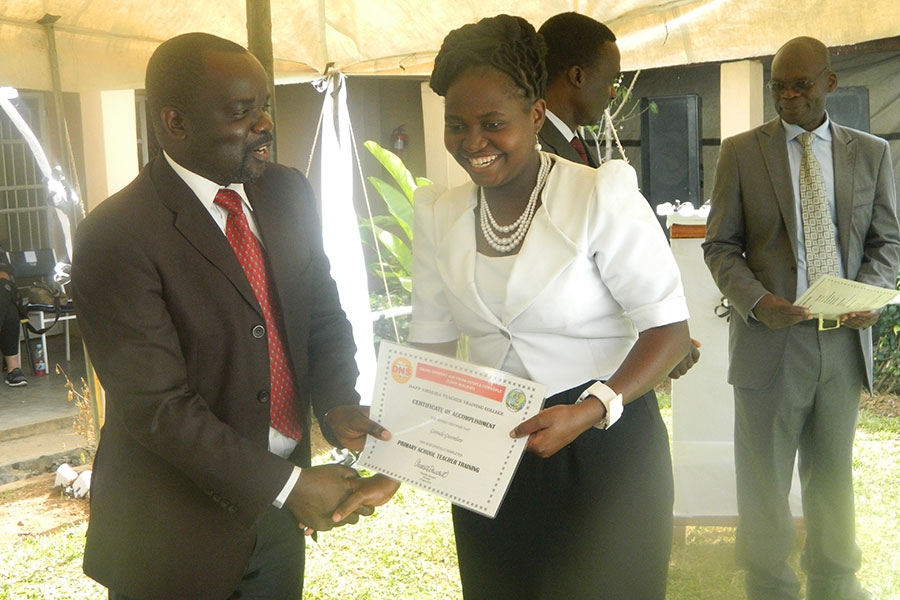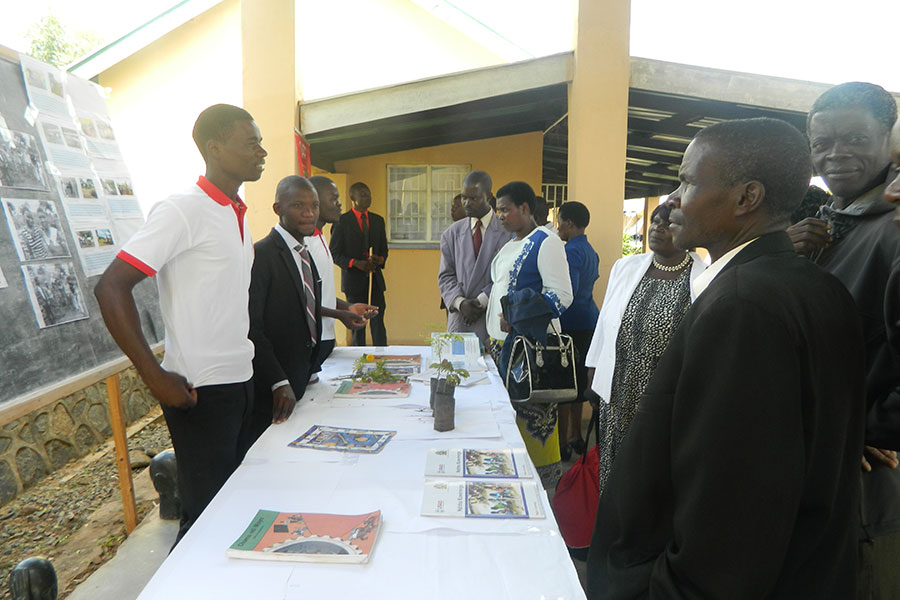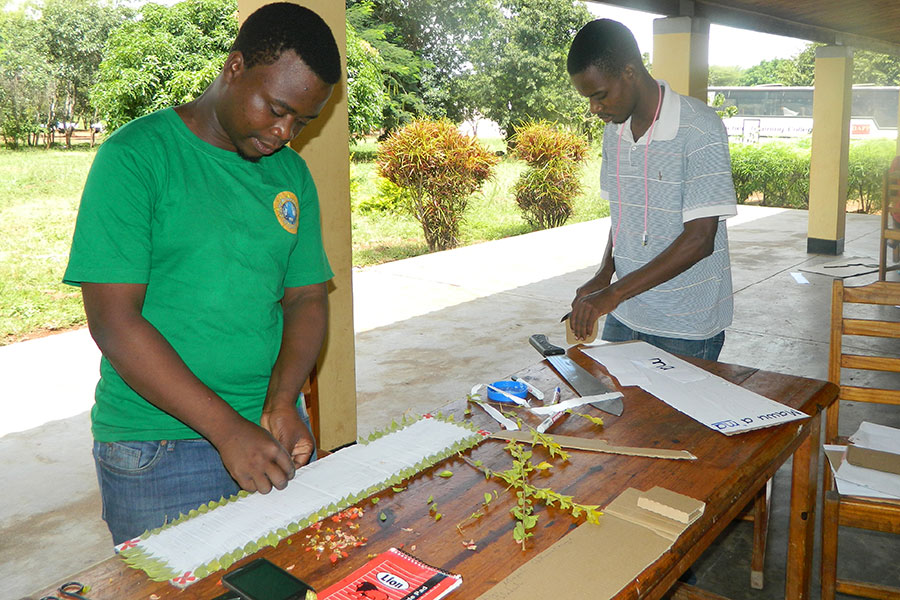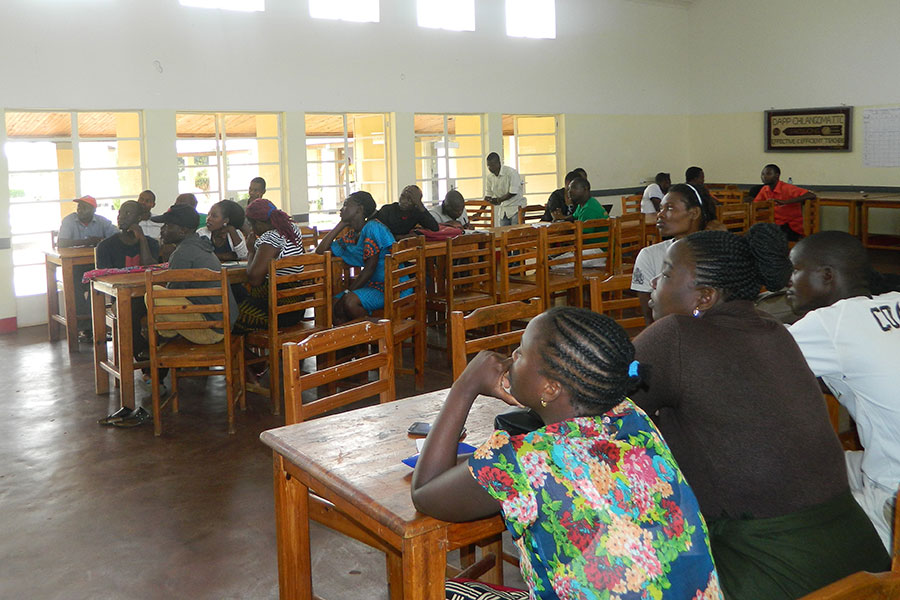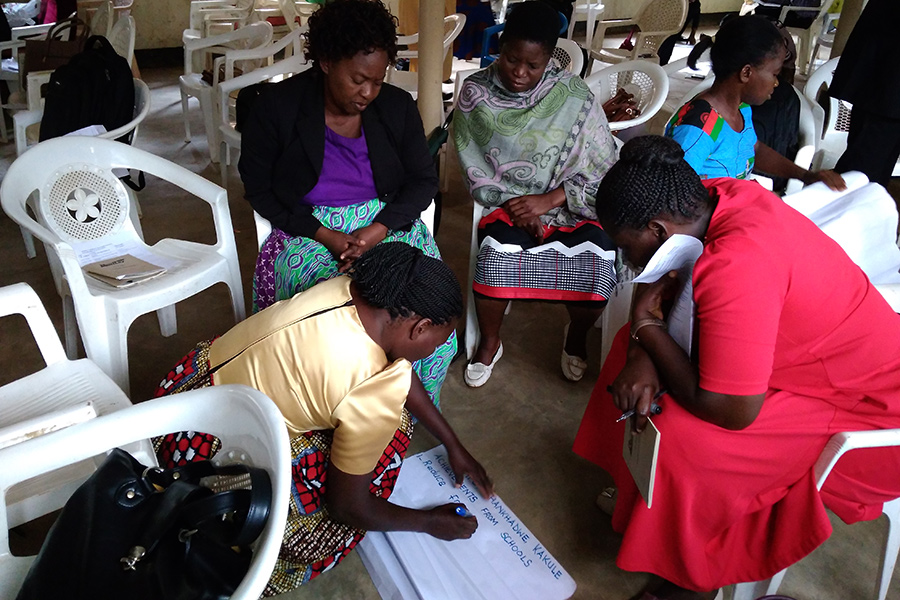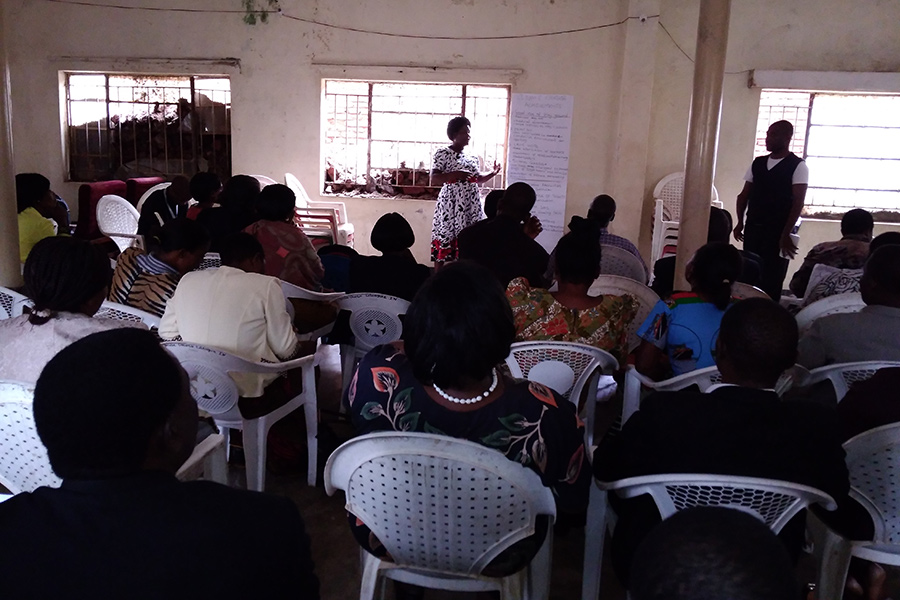DAPP Malawi TTC Students on Gender Equality Drive
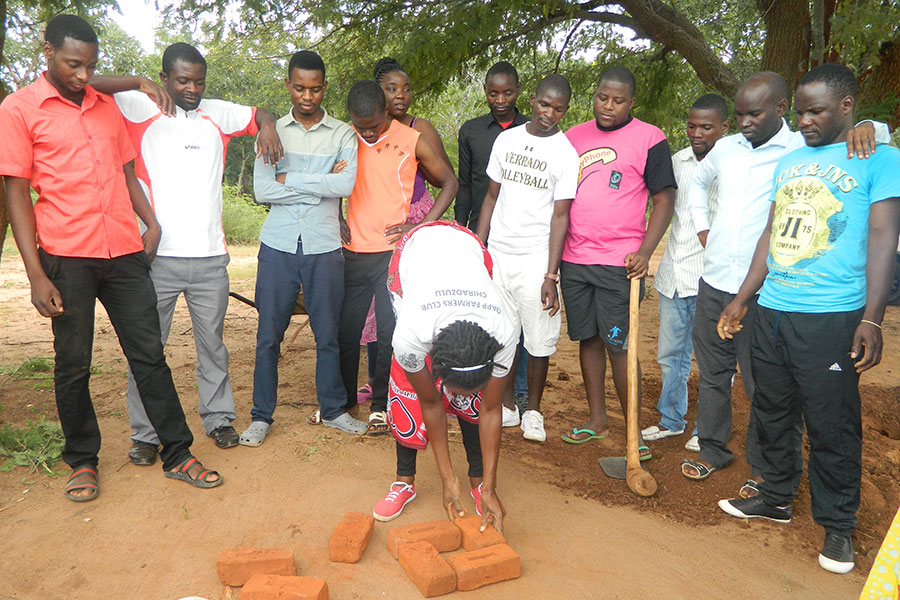
Katambweni Chandhla was very excited when he got admitted to study at Dowa Teacher Training College (TTC) in 2014. However, he was surprised when the TTC staff informed him and his fellow students that they were mandated to work together and share responsibilities equally regardless of whether one was male or female. “This did not please me at all because back home I prided myself on being a man. Thus I would leave all the household chores to my sisters as per Malawi’s tradition which expects women to do all the home tasks,” he narrates.
During the first week of his stay at the college, the TTC staff oriented Katambwani and his classmates on how the students were supposed to learn, make decisions and do chores together regardless of whether one was a girl or boy. However, during his first days at the college, he found doing such chores as cleaning rooms and cooking difficult. As days went by, he got used to working with girls. Today, he realizes that work and decisions have to be done jointly. “I have heard about gender equality before, but I did not know how to apply it. But after staying for sometime at the college, I have come to understand that when boys and girls work together they help one another reach their full potential. For instance, I did not know I am a good cook until I started working with girls,” he explains.
Katambweni illustrates a perfect example of how the training has influenced his behaviour. “When I went home during my first holiday, I surprised my family by fetching water, preparing meals and bathing babies. These are tasks that I had never done before joining the college. My mother and sisters were very happy when they saw me helping them with household tasks. As a result, they got motivated to learn and do tasks considered to be suitable for men such as fixing broken bicycles, digging pit latrines and constructing kitchens,” he explains.
At the college, Katambweni was taught how to train others on promoting gender equality in his community and schools where he was going to teach. “When I go home for holidays, I conduct awareness campaigns that aim to mobilize men and boys to pledge their support for gender equality and women’s empowerment,” he says.
He dreams of a world where men and women work and make decisions together. He commits to continue helping people understand and promote gender equality. “Even at the schools where I will be teaching, I will ensure my learners are involved in activities that promote gender equality,” says Katambweni.

